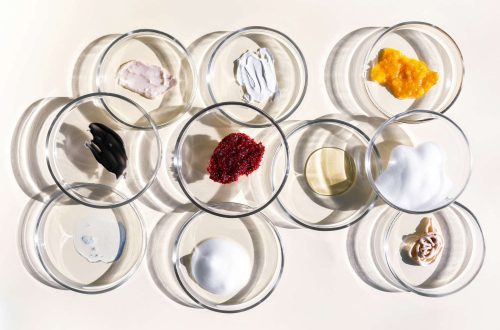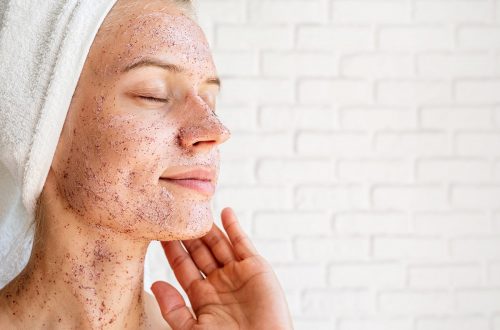How to Get Smooth Skin: Dermatologist Tips
The pursuit of smooth, radiant, and youthful-looking skin is a never-ending quest for many people. Whether it’s dealing with acne during the teenage years, stress-related breakouts, sun damage, or the first signs of aging in adulthood, maintaining healthy-looking skin requires effort and attention. While having a consistent skincare regimen is important, other factors can affect the smoothness of your skin. In this article, we will explore seven dermatologist-recommended tips to help you achieve smoother skin.
Understanding the Causes of Rough or Textured Skin
Your skin’s health is influenced by various factors, including pollution, stress, sun damage, and genetic conditions such as eczema, ichthyosis, keratosis pilaris, and psoriasis. Dry climates with low humidity can also contribute to dry and rough skin.
Additionally, hormonal changes that occur during perimenopause and menopause can lead to an overall loss of skin smoothness. The natural aging process also plays a significant role in the health of your skin, as the production of collagen, a protein that provides firmness and support to the skin, decreases with age.
The buildup of dead skin cells and repetitive irritation can also affect the texture and appearance of your skin, as well the as lack of moisture and hydration.
Improve Your Diet for Better Skin
A healthy diet is essential for maintaining smooth and radiant skin. Processed foods, alcohol, and refined carbs can contribute to an imbalance in the gut microbiome, leading to inflammation that can manifest in the skin.
Instead, focus on incorporating more vitamins and antioxidants into your diet, such as berries and other brightly colored fruits and vegetables, to boost your skin’s defenses against free radical damage. Omega-3 fatty acids, found in fish, are also beneficial for skin health.
Vitamins A and C, as well as zinc, play a crucial role in skin repair and health and can be found in various fruits, vegetables, dairy and poultry products, legumes, meat, and dark chocolate.
Prioritize Sleep for Healthy Skin
Getting enough quality sleep is essential for maintaining healthy skin. Lack of sleep can cause premature aging of the skin, as the body repairs itself and recovers from daily stress during sleep. Exhaustion can also lead to sunken, dry, or sallow skin, while those who are well-rested tend to have plump, fresh-appearing skin. Aim for seven to eight hours of quality sleep every night to rejuvenate your skin and body.
Incorporate Regular Exercise into Your Routine
Regular exercise is not only beneficial for overall health but also for skin health. Exercise increases blood flow to the face, delivering more micronutrients and healing properties to the skin. It also helps reduce inflammation, regulate skin-significant hormones, and prevent free radical damage. Additionally, sweating during exercise can help purge pores of debris, promoting clearer skin.
Focus on Cleansing and Exfoliation
Cleansing and exfoliation are essential steps in any skincare routine for achieving smooth skin. Cleansing helps remove dirt, oil, and makeup from the skin’s surface, while exfoliation helps remove dead skin cells and unclog pores. Use a gentle cleanser suitable for your skin type and exfoliate regularly using a mild exfoliator. However, be cautious not to over-exfoliate, as this can irritate the skin and cause redness or dryness.
Moisturize and Hydrate Your Skin
Moisturizing and hydrating your skin is crucial for maintaining its smoothness and preventing dryness. Choose a moisturizer that is suitable for your skin type and apply it regularly, especially after cleansing and exfoliating.


